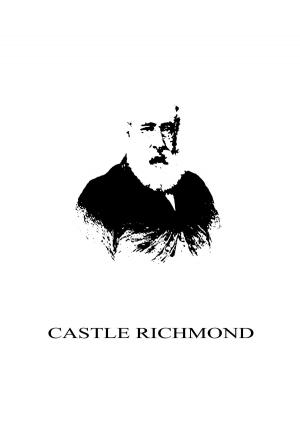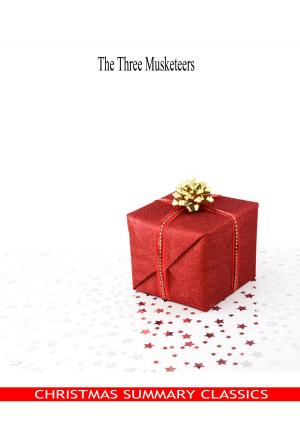Letters and speeches of Oliver Cromwell [Christmas Summary Classics]
Nonfiction, Reference & Language, Reference| Author: | Thomas Carlyle | ISBN: | 1230000034593 |
| Publisher: | Zhingoora Books | Publication: | November 30, 2012 |
| Imprint: | Language: | English |
| Author: | Thomas Carlyle |
| ISBN: | 1230000034593 |
| Publisher: | Zhingoora Books |
| Publication: | November 30, 2012 |
| Imprint: | |
| Language: | English |
Christmas Summary Classics
This series contains summary of Classic books such as Emma, Arne, Arabian Nights, Pride and prejudice, Tower of London, Wealth of Nations etc. Each book is specially crafted after reading complete book in less than 30 pages. One who wants to get joy of book reading especially in very less time can go for it.
THOMAS CARLYLE
Letters and Speeches of Oliver Cromwell
Thomas Carlyle, the celebrated literary moralist, was born at Ecclefechan, Scotland, Dec. 4, 1795. He was educated at the village school and at the Annan Grammar School, proceeding to Edinburgh University in 1809. The breakdown of his dogmatic beliefs made it impossible for him to enter the clerical profession, and neither school-teaching nor the study of law attracted him. Supporting himself by private teaching, Carlyle made the beginnings of a literary connection. He fought his way under great difficulties; he was hard to govern; he was a painfully slow writer; and ignorance and rusticity mar his work to the very end. Yet a fiery revolt against impostures, an ardent sympathy for humanity, a worship of the heroic, an immutable confidence in the eternal verities, and occasionally a wonderful perception of beauty, made Carlyle one of the most influential English writers of the nineteenth century. His marriage in 1826 with Jane Baillie Welsh was an unhappy one. Carlyle died on February 4, 1881, having survived his wife fifteen years. The three volumes of "Cromwell's Letters and Speeches," with elucidations by Carlyle, were published in 1845; the first work, one might say, conveying a sympathetic appreciation of the great Protector, all histories of the man and his times having been hitherto written from the point of view either of the Royalists or of the revolutionary Whigs. To neither of these was an understanding of Puritanism at all possible. Moreover, to the Cavaliers, Cromwell was a regicide; to the Whigs he was a military usurper who dissolved parliaments. To both he was a Puritan who applied Biblical phraseology to practical affairs--therefore, a canting hypocrite, though undoubtedly a man of great capacity and rugged force.
Christmas Summary Classics
This series contains summary of Classic books such as Emma, Arne, Arabian Nights, Pride and prejudice, Tower of London, Wealth of Nations etc. Each book is specially crafted after reading complete book in less than 30 pages. One who wants to get joy of book reading especially in very less time can go for it.
THOMAS CARLYLE
Letters and Speeches of Oliver Cromwell
Thomas Carlyle, the celebrated literary moralist, was born at Ecclefechan, Scotland, Dec. 4, 1795. He was educated at the village school and at the Annan Grammar School, proceeding to Edinburgh University in 1809. The breakdown of his dogmatic beliefs made it impossible for him to enter the clerical profession, and neither school-teaching nor the study of law attracted him. Supporting himself by private teaching, Carlyle made the beginnings of a literary connection. He fought his way under great difficulties; he was hard to govern; he was a painfully slow writer; and ignorance and rusticity mar his work to the very end. Yet a fiery revolt against impostures, an ardent sympathy for humanity, a worship of the heroic, an immutable confidence in the eternal verities, and occasionally a wonderful perception of beauty, made Carlyle one of the most influential English writers of the nineteenth century. His marriage in 1826 with Jane Baillie Welsh was an unhappy one. Carlyle died on February 4, 1881, having survived his wife fifteen years. The three volumes of "Cromwell's Letters and Speeches," with elucidations by Carlyle, were published in 1845; the first work, one might say, conveying a sympathetic appreciation of the great Protector, all histories of the man and his times having been hitherto written from the point of view either of the Royalists or of the revolutionary Whigs. To neither of these was an understanding of Puritanism at all possible. Moreover, to the Cavaliers, Cromwell was a regicide; to the Whigs he was a military usurper who dissolved parliaments. To both he was a Puritan who applied Biblical phraseology to practical affairs--therefore, a canting hypocrite, though undoubtedly a man of great capacity and rugged force.
![Cover of the book Letters and speeches of Oliver Cromwell [Christmas Summary Classics] by Thomas Carlyle, Zhingoora Books](https://www.kuoky.com/images/2012/november/500x500/1230000034593-Dpy6_500x.jpg)
![Cover of the book Galsworthy Plays [Series 3] by Thomas Carlyle](https://www.kuoky.com/images/2012/november/300x300/1230000032785-Crhh_300x.jpg)
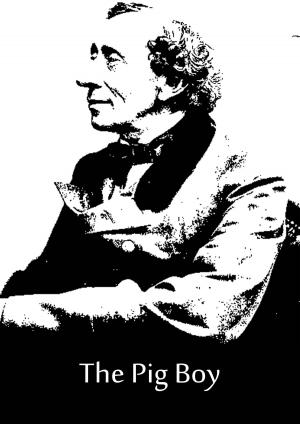
![Cover of the book Christmas Tales And Christmas Verse [Christmas Summary Classics] by Thomas Carlyle](https://www.kuoky.com/images/2012/october/300x300/1230000024180-uCoD_300x.jpg)
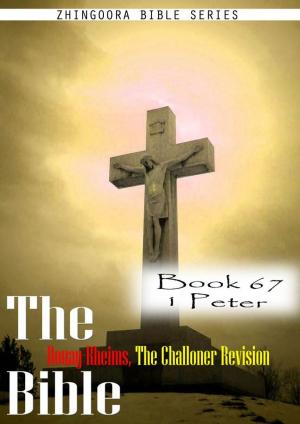
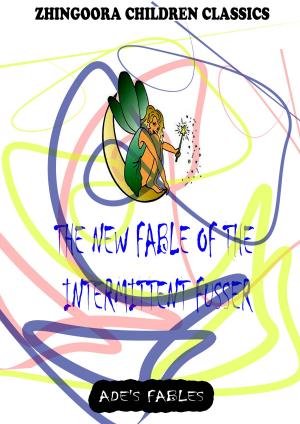
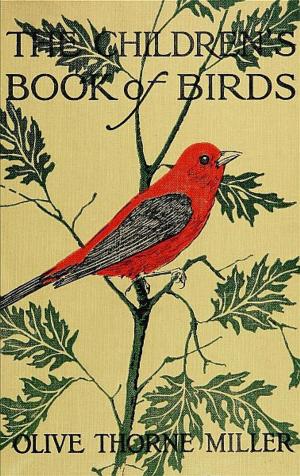
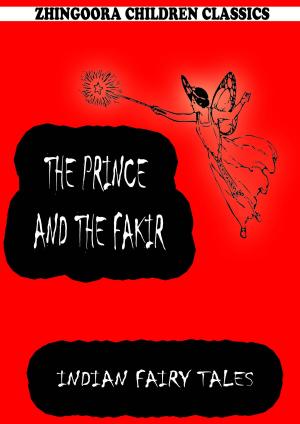
![Cover of the book The Scottish Chiefs [Christmas Summary Classics] by Thomas Carlyle](https://www.kuoky.com/images/2012/december/300x300/1230000036885-rmUs_300x.jpg)

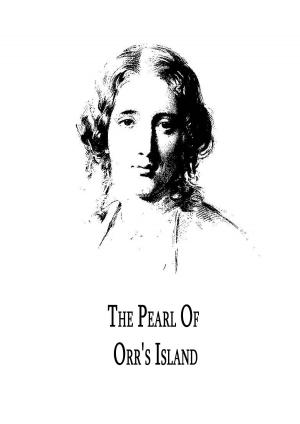
![Cover of the book The Social Contract [Christmas Summary Classics] by Thomas Carlyle](https://www.kuoky.com/images/2012/november/300x300/1230000032336-FWXN_300x.jpg)
